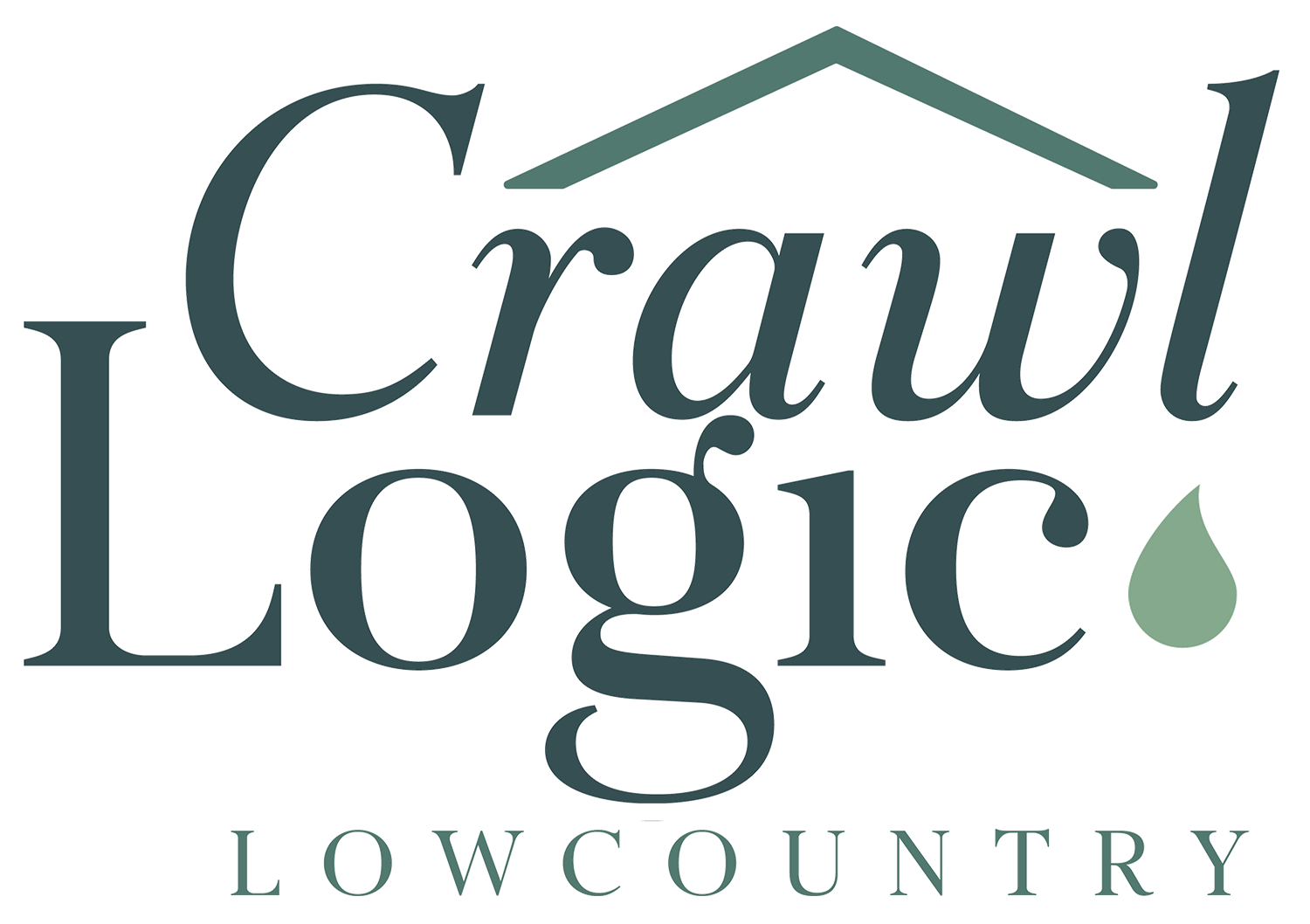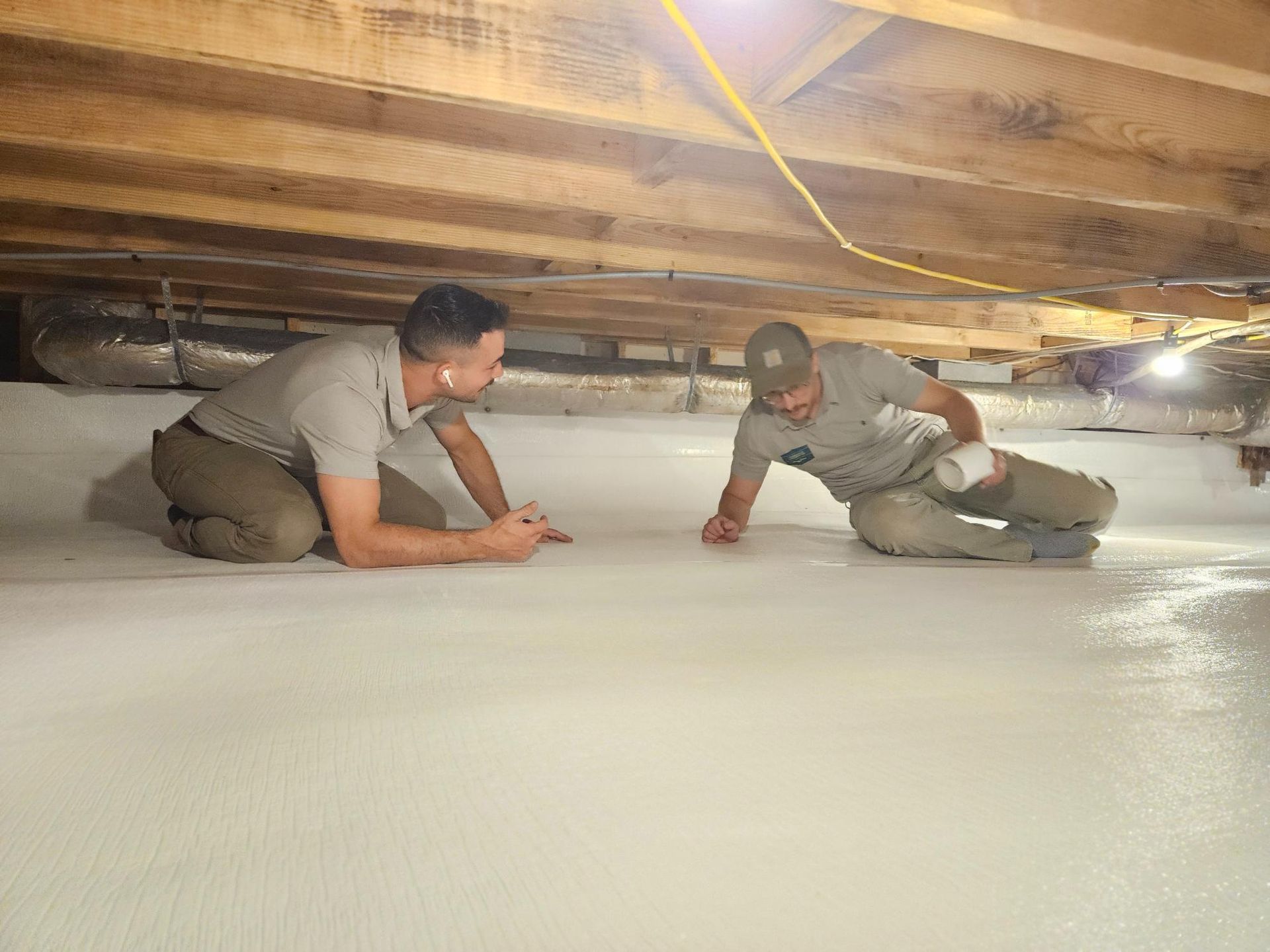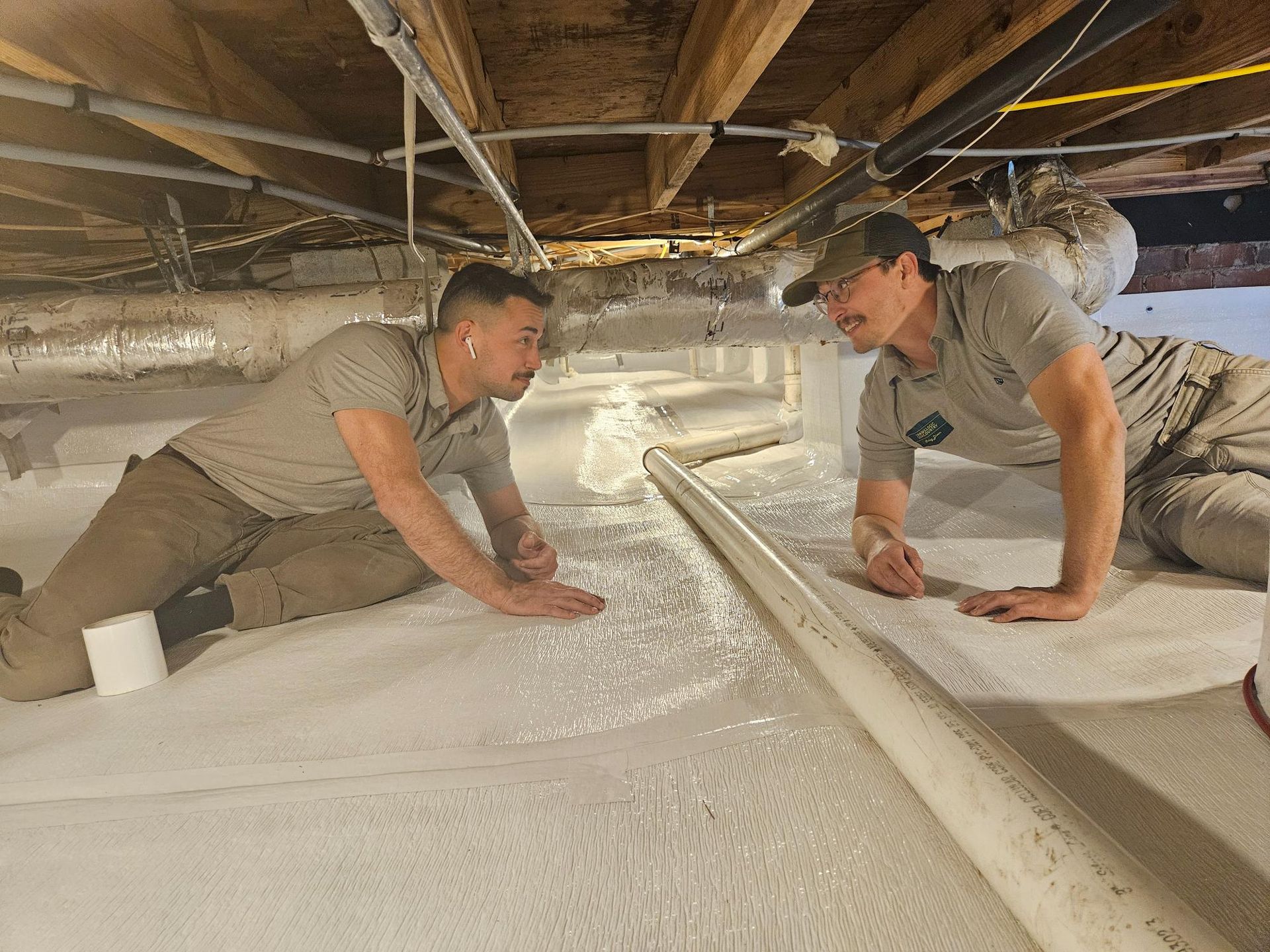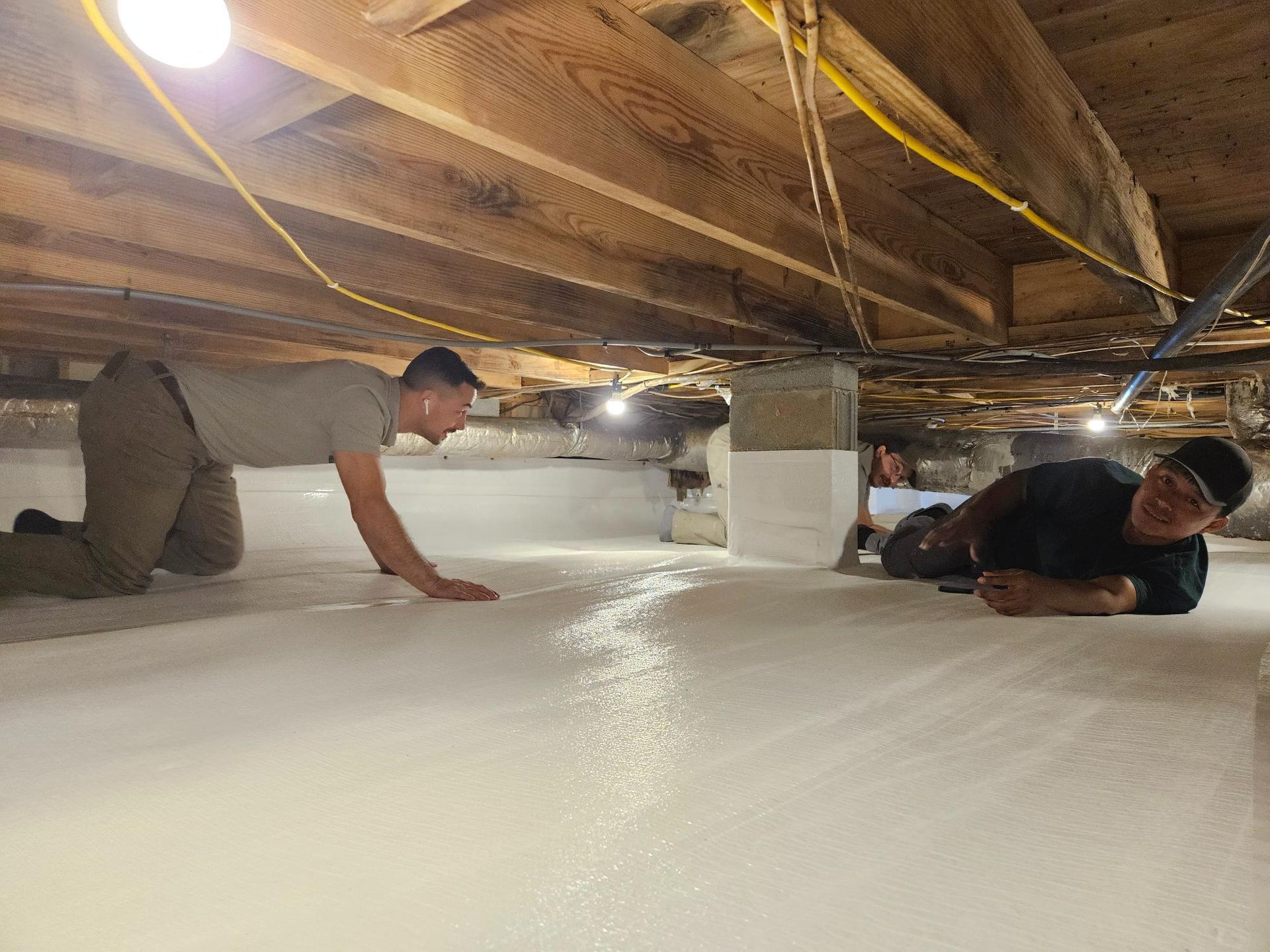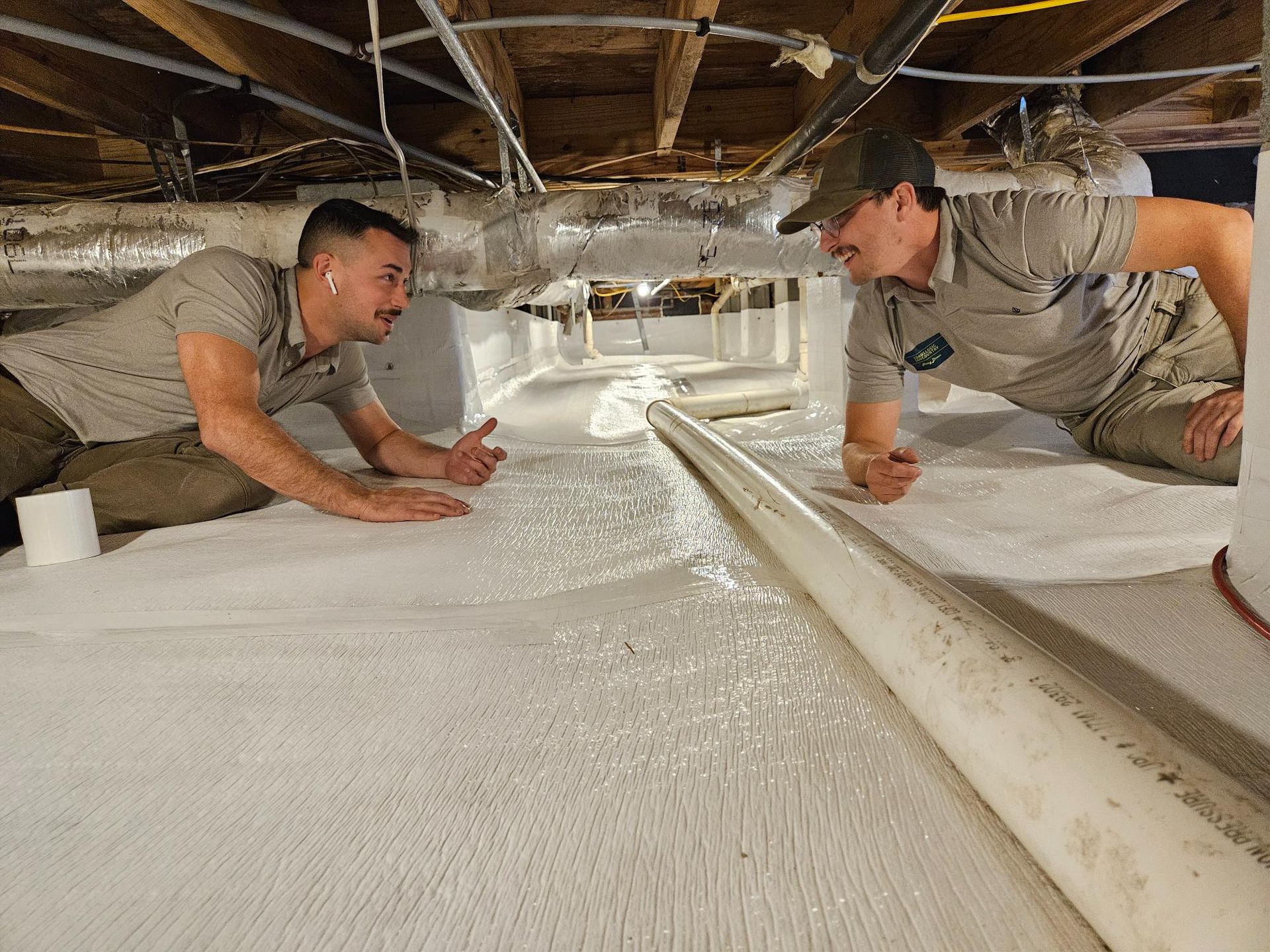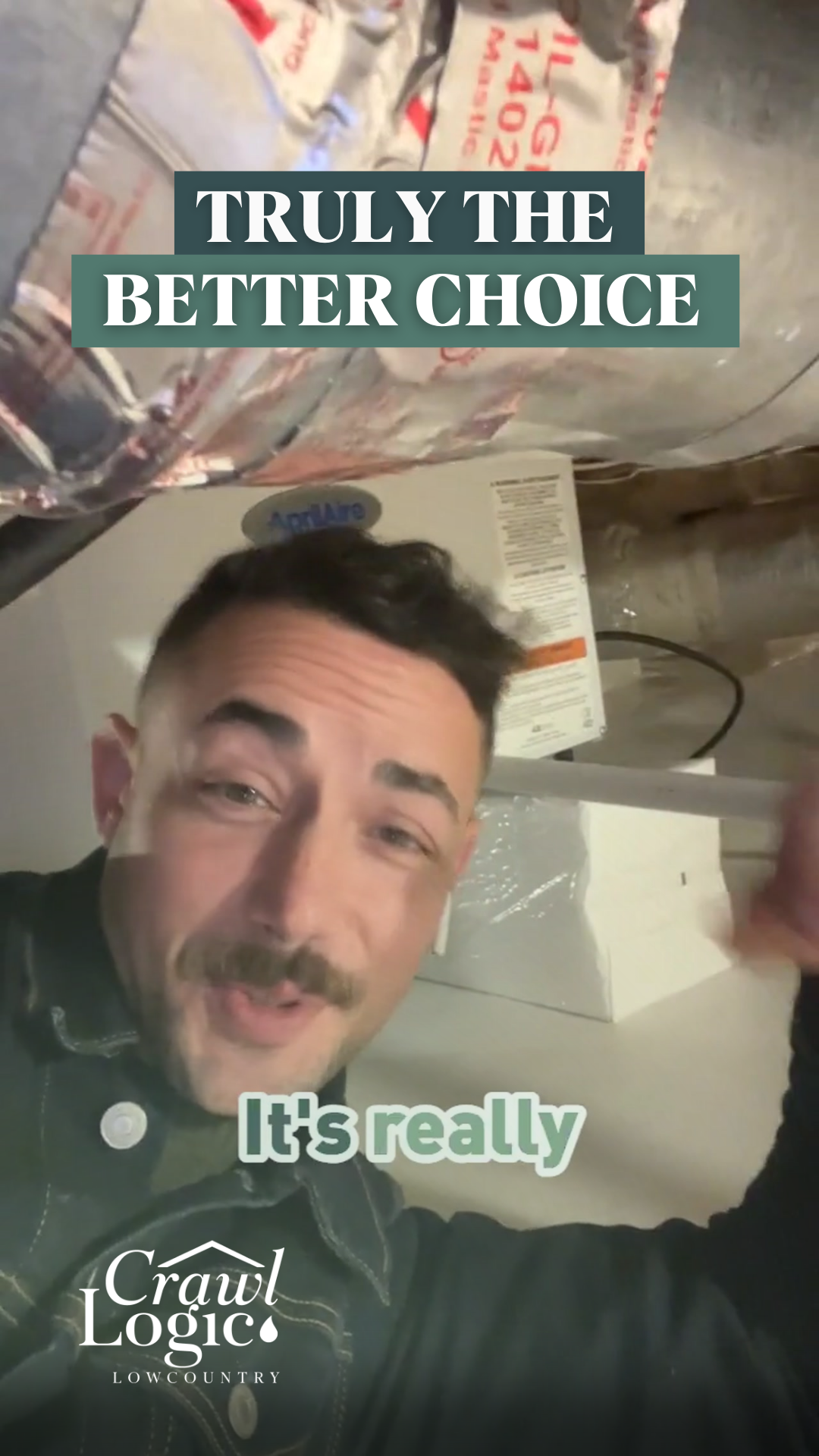The Hidden Failure Point in Your Charleston Crawl Space: Why Condensate Pumps Are Costing Homeowners Thousands
Crawl Logic Lowcountry
Don't Use Something That Fails Often
THAT'S AN EASY WAY TO COUNT ON FAILURE - OR SUCCESS!
Here's a shocking number for you: 20% of the encapsulated crawl spaces I inspect have failed because of one small device that was supposed to make everything easier.
I'm talking about condensate pumps, and if you've got one under your Charleston home right now, you might want to keep reading.
First, let me explain what these pumps do.
When your dehumidifier pulls moisture out of the air in your crawl space, that water needs to go somewhere.
The condensate pump's job is simple: collect that water and pump it out of your crawl space.
Sounds straightforward enough, right?
Well, that's what the companies selling them want you to think.
Welcome to Crawl Logic Lowcountry!
The "Easy" Solution That Isn't
Here's why most companies love installing condensate pumps: they're quick, they're easy, and they're profitable. The distributor gets to sell one more piece of equipment, and the installer doesn't have to think too hard about it. Just plug it in, run a small tube wherever you want the water to go, and you're done. Easy as breathing, as they say.
But here's what they're not telling you: these pumps are basically ticking time bombs under your house. When (not if) they fail, your dehumidifier keeps running, thinking it's doing its job.
But instead of removing moisture from your crawl space, it's just creating a growing puddle of water right there under your home. And the worst part? Most homeowners don't even know there's a problem until it's caused thousands in damage.
The Hidden Problems
Let me paint you a picture of what I see all too often in Charleston crawl spaces. The condensate pump stops working - maybe it's clogged with algae (common in our humid climate), maybe the motor died, or maybe the float switch failed. But your dehumidifier? It keeps on running, pulling moisture from the air and dropping it right onto your crawl space floor.
Your electric bill keeps climbing because that dehumidifier is running non-stop, trying to dry out your crawl space. But it's fighting a losing battle. It's like trying to empty a bathtub while the faucet's still running. And remember - you're paying for every minute that machine runs.
Even worse? Most homeowners don't realize anything's wrong until they notice musty smells, warped floors, or skyrocketing power bills. By then, you're looking at expensive repairs that could have been avoided.
The Simple Solution That Works
Here's where I might surprise you: at Crawl Logic, we use something that's been working since ancient Romans built their aqueducts - gravity. A simple pipe, properly graded, will move water out of your crawl space every time. No electricity needed. No moving parts to break. Just physics doing what physics does best.
Think about it: what's more reliable - a pump that depends on electricity, moving parts, and regular maintenance, or a pipe that lets gravity do all the work? I've yet to see gravity take a day off or need a replacement part.
Making Smart Choices for Your Charleston Home
When you're getting your crawl space encapsulated, here's what you need to ask any contractor:
- How are you removing the condensate water?
- What happens if the removal system fails?
- How will I know if there's a problem?
- What maintenance is required?
If they're pushing a condensate pump because it's "easier," remember - easier for whom?
It's certainly not easier for you when you're dealing with water damage down the road.
The Bottom Line
Look, I get it. When contractors show you this neat little pump that "takes care of everything," it sounds great. But after 14 years of crawling under Charleston homes, I've learned that sometimes the best solution isn't the fanciest one - it's the one that's stood the test of time.
If you've got a condensate pump in your crawl space right now, don't panic.
But do keep an eye on your electric bills and any musty smells that might develop.
And the next time you need crawl space work done, remember that simpler is often better - and gravity never takes a day off.

Quick Links
Crawl Logic Lowcountry
